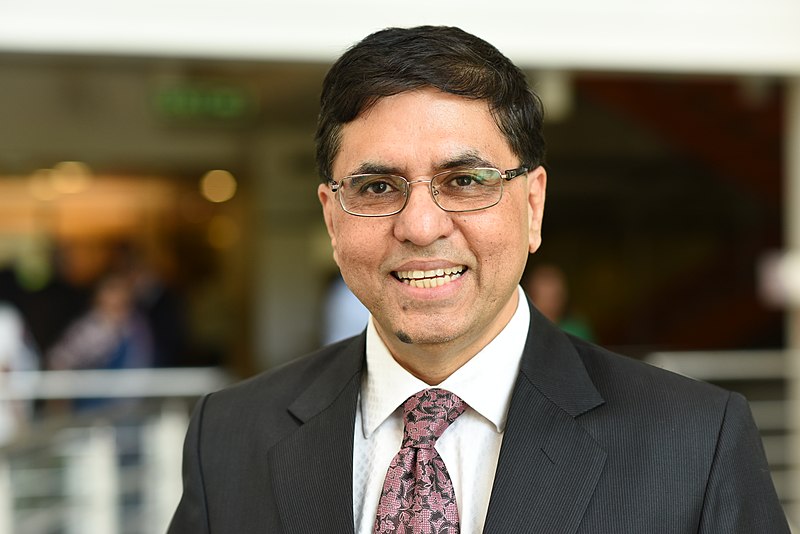FMCG giant Hindustan Unilever (HUL) has created a full-fledged end-to-end digital transformation programme that will redefine it’s way of working.
Over 80 experiments are underway to accelerate the company’s journey in digital transformation, HUL chairman and managing director Sanjiv Mehta told shareholders at its AGM.
HUL has set up a digital council comprising a cross-functional team of leaders, for its “Reimagining HUL”.
“With the world changing at a furious pace, we are continually adapting to remain future-fit. We will continue to leverage Unilever’s global knowledge and our deep local understanding to serve our consumers better, be it through path-breaking innovations or our expertise in new channels,” Mehta said.
He pointed out that new-age consumers are looking beyond simple product benefits to complete their experience of a brand. They are increasingly demanding products and brands that are good for their health, the environment and the society.
Similarly, shoppers are seeking convenience, value for money and experience. Here, he added, the survival of the general trade (with over nine million stores) which contribute to about 90 per cent of the FMCG industry is critical for the country from a social perspective.
“Technology provides an opportunity to wire up and connect these stores, as well as bring the science of retailing to these stores. While the share of this channel will drop, it will continue to be the largest channel even in 2030,” he observed.
On the FMCG sector, Mehta said faster economic growth and technological changes provide an exciting future for the industry.
“Despite being one of the fastest growing markets globally for FMCG products, the per capita FMCG consumption spend in our country is still among the lowest in the world, giving the sector a long runway for growth…Key factors such as rising affluence, changing family structures, emerging new large cities and a young working population will positively impact the industry,” he said.
On the evolving technology and its use at workplaces, Mehta said, “Re-skilling our workforce will become a national priority. It will be imperative for companies to optimally leverage human talent and machines at the same time.”










